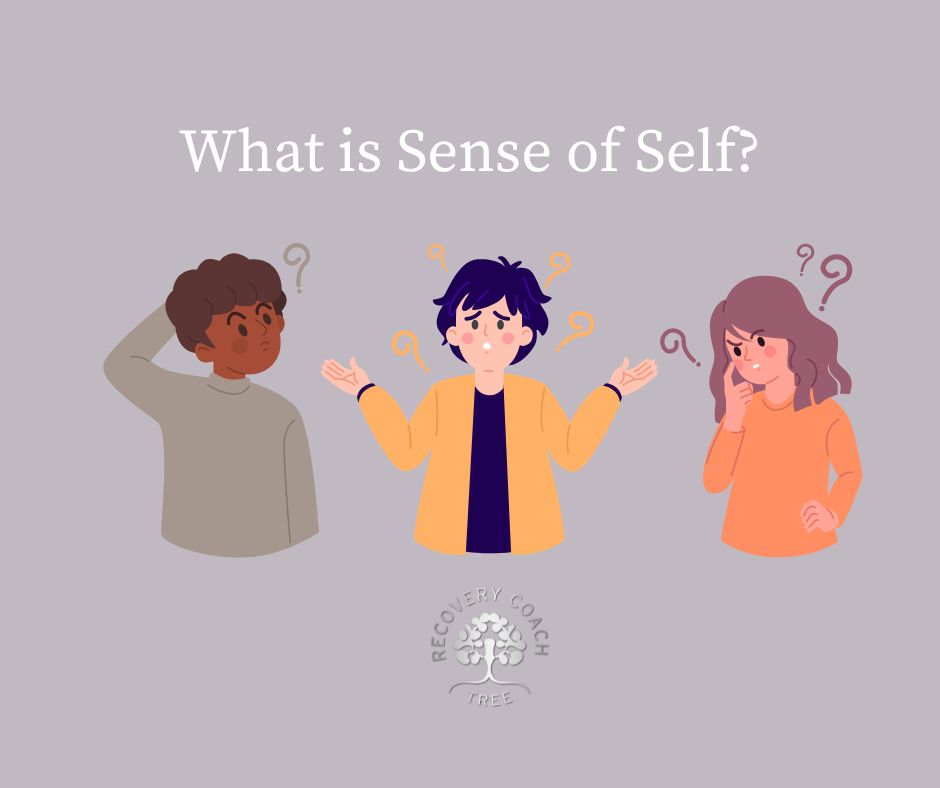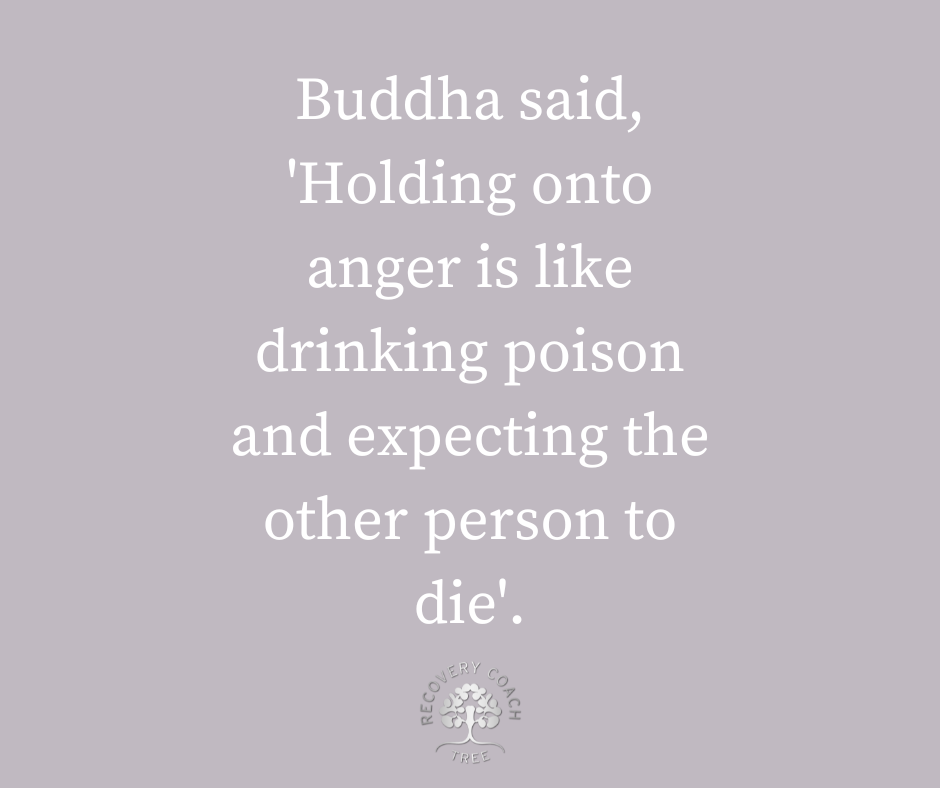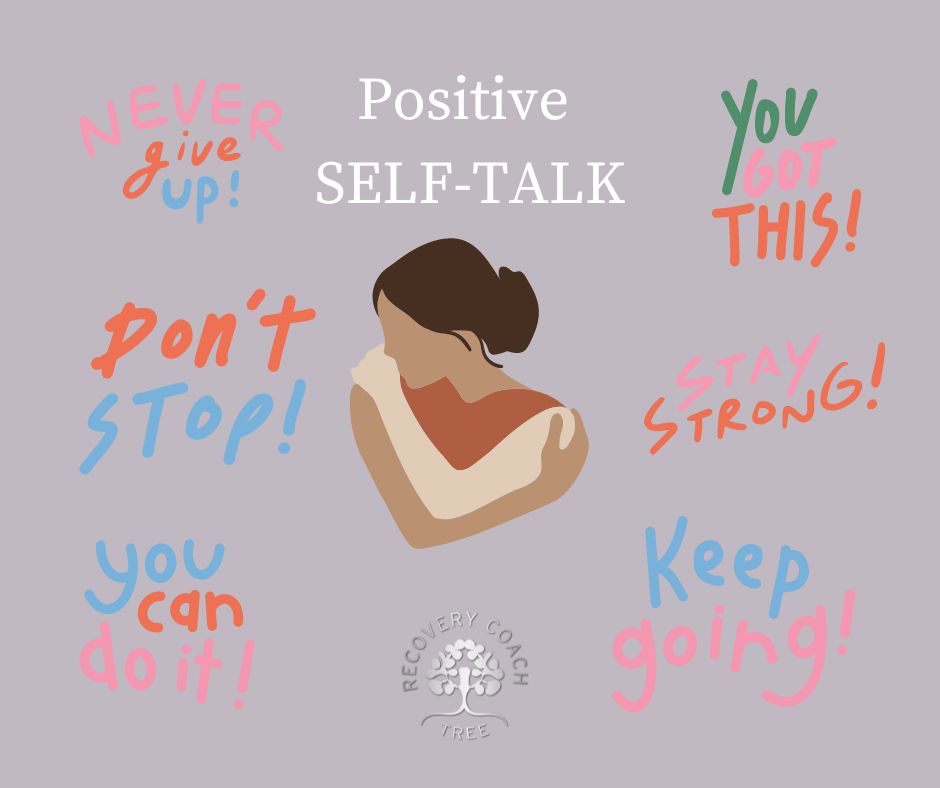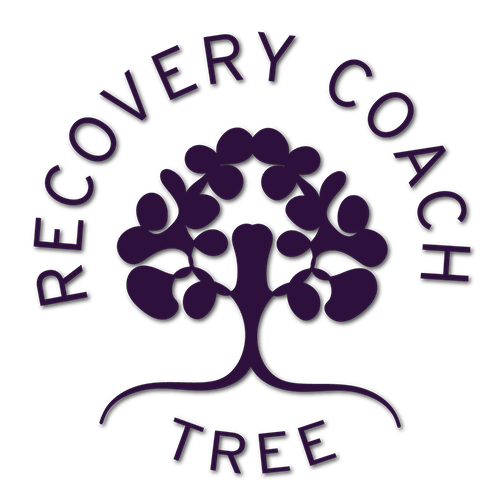A Sense of Self is a list of behaviours and characteristics that help us understand who we are as individuals. Once we know who we are as a person and why we do what we do can help us understand our identity. It can also help us bring about positive change.

What Words Mean.
In our first article on Sense of Self (SOS), we would like to explain why people will say hurtful things and what you can do to help yourself and those around you.
Words matter.
It doesn’t matter if you are speaking to yourself or someone else; what words you say can impact what is happening around you as well as your own identity.
Words are powerful.
When you speak, you can either help or hinder, heal or harm, humiliate or humble the listener.
Words are not you.
Realise how powerful your words are. A physical wound will eventually heal over time, but a word spoken in anger, bitterness or hate can linger in someone’s head, sometimes forever. It becomes an endless loop, and it is almost impossible to forget how it made them feel when those words were spoken. Over a period of time, that person can only identify with what was said and even believe it to be true.
Misuse of Words.
Speaking harshly to someone is often a learnt behaviour we have inherited from our parents or someone we have looked up to in the past. Usually, this misuse of words has come from someone who has low or even no self-esteem and finds some form of satisfaction in lashing out and hurting those around them, even those they care about.
Start Today.
Learn to forgive.
- If someone has said some really hurtful or nasty words to you that you cannot forget, the first thing to do is acknowledge that hurt because it is as real and as painful to you as if someone had tried to hurt you physically.

Buddha said, ‘Holding onto anger is like drinking poison and expecting the other person to die.
Stop the hurt.
2. Sometimes people say the most horrible things for no apparent reason. Sometimes there is no reason for the words; it is simply ‘just because’. Lashing back at that person, either physically or verbally, will not stop the hurt you have endured. Instead, over time, you will become very bitter and start to say hurtful words to those around you (even to the people you care about).
Learn self-talk.
3. Additionally, do not believe that negative self-talk often follows when someone has said some words that hurt you. It does not take long from hearing ‘You are so stupid’ until eventually, you start saying to yourself, ‘I am so stupid’. These words become building blocks to your identity, and you will soon lose your sense of self-worth. Understand that it is just a thought and not a truth. Start to repeat some positive self-talk. I am smart, I am kind. Do this each day when you wake up or when you feel the day is out of control. It can help to write in on a card and keep it in you pocket.

Finally, seek medical advice if you recognise that your thought or speech patterns are unhealthy and cannot recondition them on your own.
Your health care professional may recommend a specialist to help you overcome these negative patterns. One form of therapy that may help is cognitive-behaviour therapy (CBT). It is a mental health treatment to help you identify and recondition these unhealthy thought patterns, and they can give you tools to help you speak positive words to yourself and those around you.
Are you looking for NDIS support? Send Petria a message here on how she can help you with your NDIS plan.
